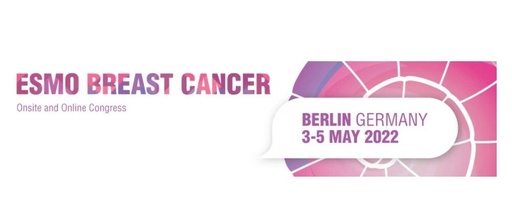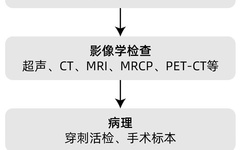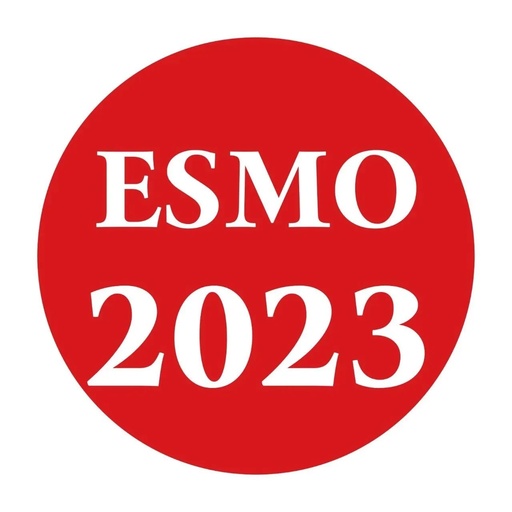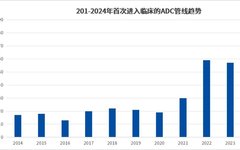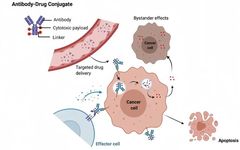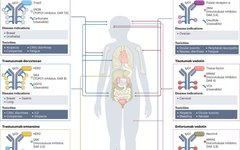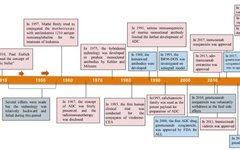Objective Response Rate Reaches 80%! GCC19CAR-T Brings New Hope to Patients with Advanced Colorectal Cancer
One patient had all tumor target lesions disappear, achieving complete remission,80% of patients experienced significant tumor reduction, and the novel GCC19CAR-T brings new hope to patients with advanced colorectal cancer! Globally, colorectal cancer (CRC) has become the third most common malignant tumor and the second leading cause of cancer-related deaths. Currently, metastatic colorectal cancer primarily … Read more
